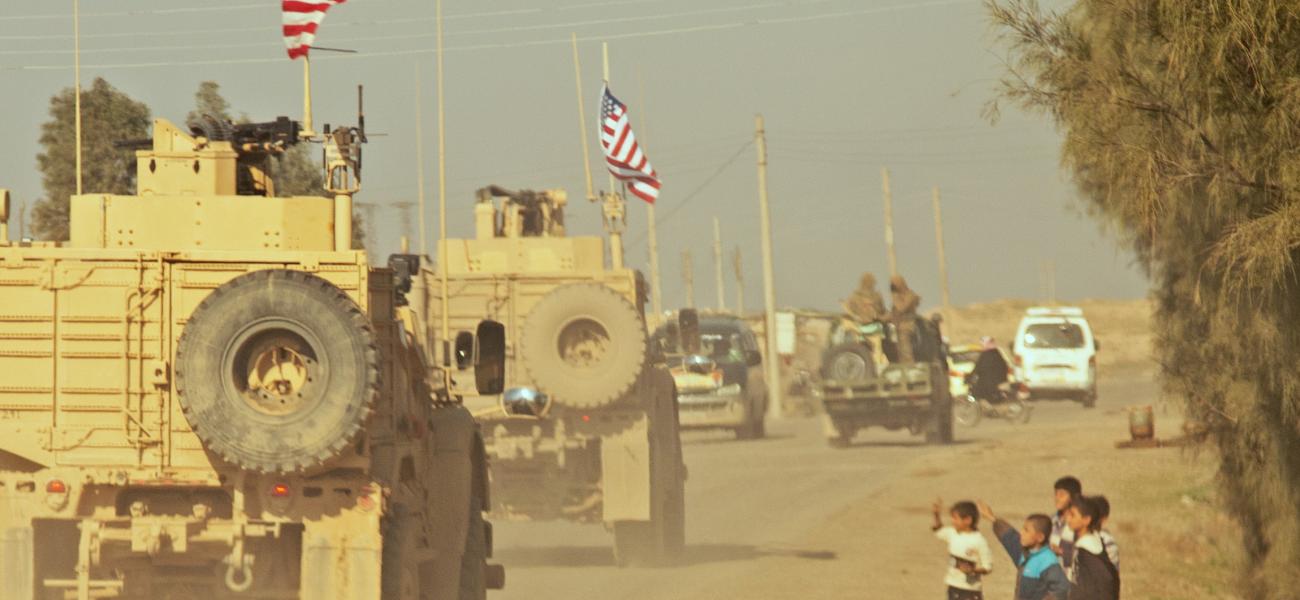
How to Salvage Syria and Protect US troops
This is a summary of an article originally published by the Brookings Institution.
The author argues that uncertainty about Washington’s mission in Syria "invites deterrence failure." He states that although it seems unlikely that Syrian, Turkish or Russian forces would attack American positions in the country, "the uncertainty over where U.S. forces intend to remain could lead to inadvertent contact, with the potential for escalation." In this position, with an Assad victory seeming likely, the author argues the US should use its remaining leverage to make a deal. The first part of the author's hypothetical deal sees Assad give a "degree of autonomy for the Kurds" and protections for political opponents in exchange for access oil revenues and aid, the author then suggests greater reconstruction aid in exchange for Assad appointing a successor and stepping down. The author admits that this deal would almost "literally amount to doing a deal with the devil," but it may be the best remaining option.
Read the full article at brookings.edu.
Michael E. O’Hanlon
Michael O'Hanlon is a senior fellow, and director of research, in Foreign Policy at the Brookings Institution, where he specializes in U.S. defense strategy, the use of military force, and American national security policy.
Photo by Sgt. Arjenis Nunez, in the public domain.
